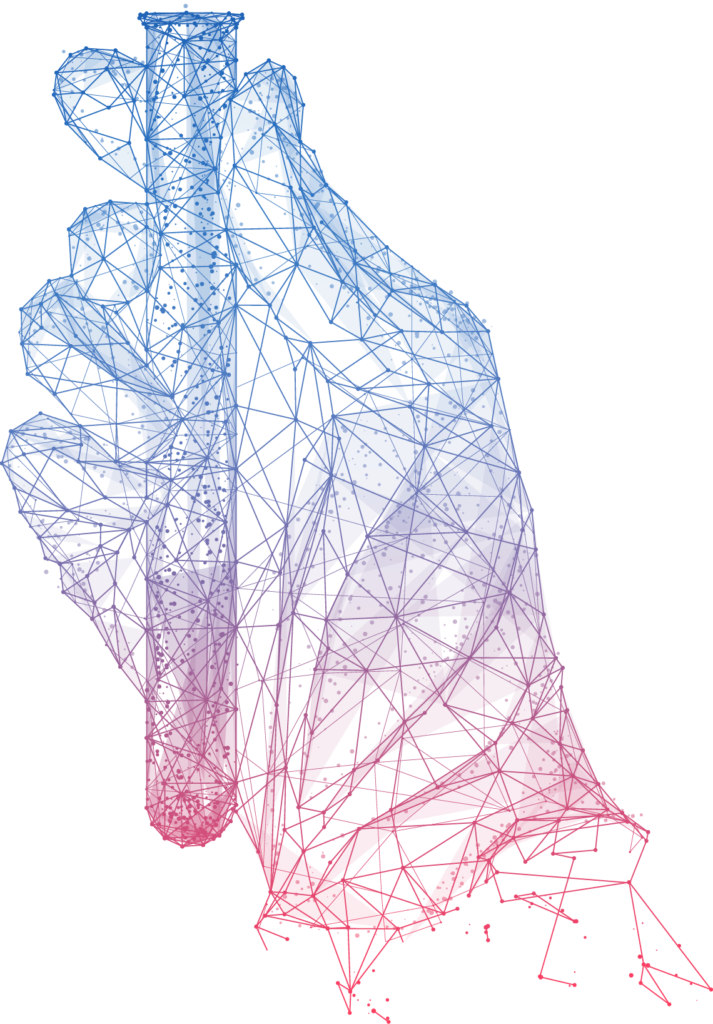
New Cysteine Trapping Study Now Available for More Efficient & Effective Early Phase Drug-Induced Liver Injury (DILI) Evaluation
DILI is a leading cause of adverse events in clinical trials, so our partner in Japan, SEKISUI, offers a variety of in vitro studies to screen compounds earlier in development and identify higher toxicological risks. Since DILI is caused by various mechanisms, utilizing different assay types to form a comprehensive risk score is recommended.
Including reactive metabolite detection in this cocktail approach greatly improves the selectivity and specificity of DILI evaluation. However, covalent binding requires radioisotope (RI)-labeled test articles, making it unsuitable for screening during early stage development, and alternative glutathione (GSH) trapping methods are either costly, have low throughput or produce less quantitative results.
To combat those concerns, our SEKISUI partner lab in Japan, the Drug Development Solutions Center, developed a new cysteine trapping study using microsomes which can be conducted during early phase development and has increased quantitativity as well as throughput with lower cost than GSH trapping.
The figure below shows comparative results between the new cysteine trapping study and GSH trapping studies.

There is a strong correlation, with R=0.914, showing that this cysteine trapping methodology can be used in place of GSH trapping. The data recorded with the new method were also almost the same as previously reported data generated with alternative cysteine trapping methodology, which had much lower throughput (JT Toxicol Sci. 2019;44(3):201-211), and also showed no significant difference when evaluated for reproducibility.
Contact us with any questions you may have or to book a study with the Drug Development Solutions Center or watch a short presentation on the study to learn more.